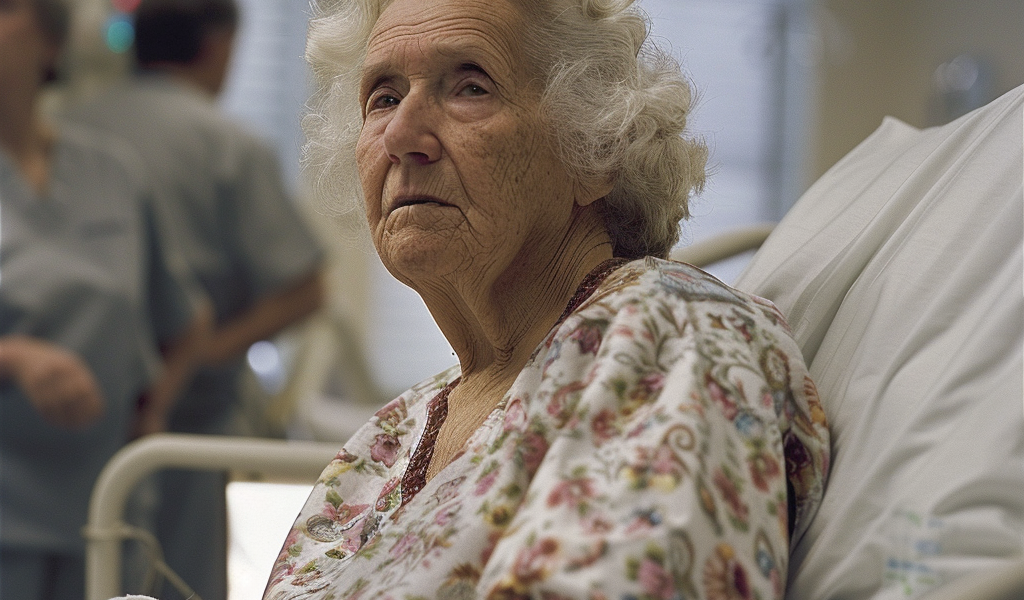A recent retrospective study conducted in collaboration with researchers from the Australian Institute of Health Innovation (AIHI) at Macquarie University and the University of Queensland (UQ) has revealed a significant link between delirium and dementia in older patients. The study, published in the British Medical Journal, analyzed anonymized hospital records for over 110,000 people aged over 65 in New South Wales over 11 years.
The findings showed that patients who experienced at least one episode of delirium during hospitalization were found to develop dementia at triple the rate of patients who did not experience delirium. Delirium, characterized by sudden changes in mental state, disorientation, and confusion, is common among older individuals during hospitalization, affecting more than 40% of people aged 80 and older.
The research team examined a vast dataset containing millions of public and private hospital records for patients aged 65 and older between 2001 and 2020. They identified patients who had experienced at least one episode of delirium during hospitalization and paired each with a ‘twin’ who shared similar characteristics such as age and sex but had not experienced delirium. This resulted in 55,211 pairs to follow over five years.
The study revealed that the delirium cohort was diagnosed with dementia at three times the rate of the non-delirium cohort, with each additional episode of delirium associated with a 20% increase in the risk of dementia. Furthermore, the delirium cohort had a 39% higher likelihood of mortality during the period under review.
The research, which stemmed from a study on frailty being conducted by the NHMRC Partnership Centre for Health System Sustainability led by AIHI Founding Director, Professor Jeffrey Braithwaite, highlights the significance of identifying frailty as a medical condition rather than an inevitable aspect of aging. Frailty has been linked to poorer physical and cognitive reserves and a lower quality of life.
Professor Shlomo Berkovsky, an expert in Medical AI at the Australian Institute of Health Innovation, the Macquarie University Lifespan Health and Wellbeing Research Centre, and Macquarie University DataX Research Centre, led the Macquarie University team in this collaborative study.





